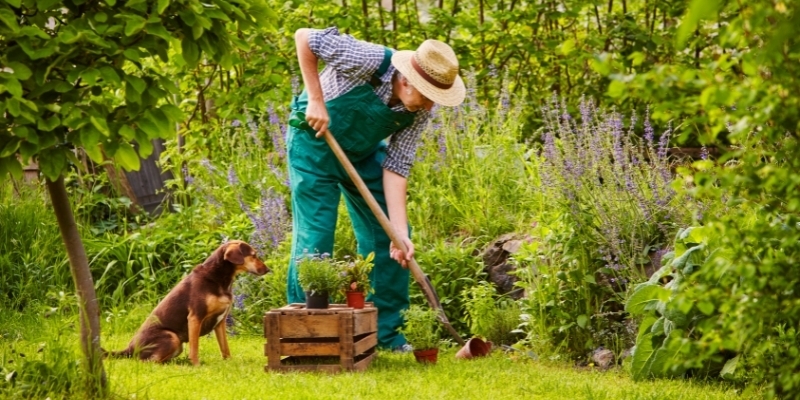With many of us spending more time outdoors in the warmer weather, it’s sensible to ensure that your pet doesn’t have access to any poisonous plants, either in your garden or whilst out on walks. Here are a few common toxic plants to be aware of, and what to do if you think your pet may have eaten some.
Poisonous plants
A few commonly encountered toxic plants for pets include:
- Sago palm and other cycads – can cause gut upset and severe liver damage
- Aloe vera – can cause gut upset and lethargy
- False Bamboo and Lucky Bamboo – can cause weakness, wobbliness or seizures
- Ferns – can cause skin irritation or gut upset
- Ivy – can cause mouth irritation and gut upset
- Lilies – can cause gut upset and severe kidney damage
- Jade plant – can cause gut upset and wobbliness
- Lantana – can cause gut upset, paralysis and possible liver failure
- Yesterday-Today-Tomorrow – can cause gut upset, tremors, wobbliness or seizures
For a more comprehensive list of toxic plants, check out this Australian list or search this (US-based) site.
What should I do if my pet has just mouthed/consumed a potentially toxic plant?
- Remove your pet from the plant and wipe/rinse out their mouth
- Do NOT give your pet anything to eat or drink and do NOT try to induce them to vomit except on veterinary advice, as with some toxins, vomiting can actually cause more harm
- Even if your pet seems OK, phone our team immediately for advice (or contact a service such as the Animal Poisons Helpline). If your pet is showing any symptoms of unwellness, bring them in for urgent veterinary care.
In cases where a pet has ingested a serious toxin, rapid veterinary treatment will maximise their chance of a full recovery.
Ask our helpful team if you have any further questions about poisonous plants and pets

